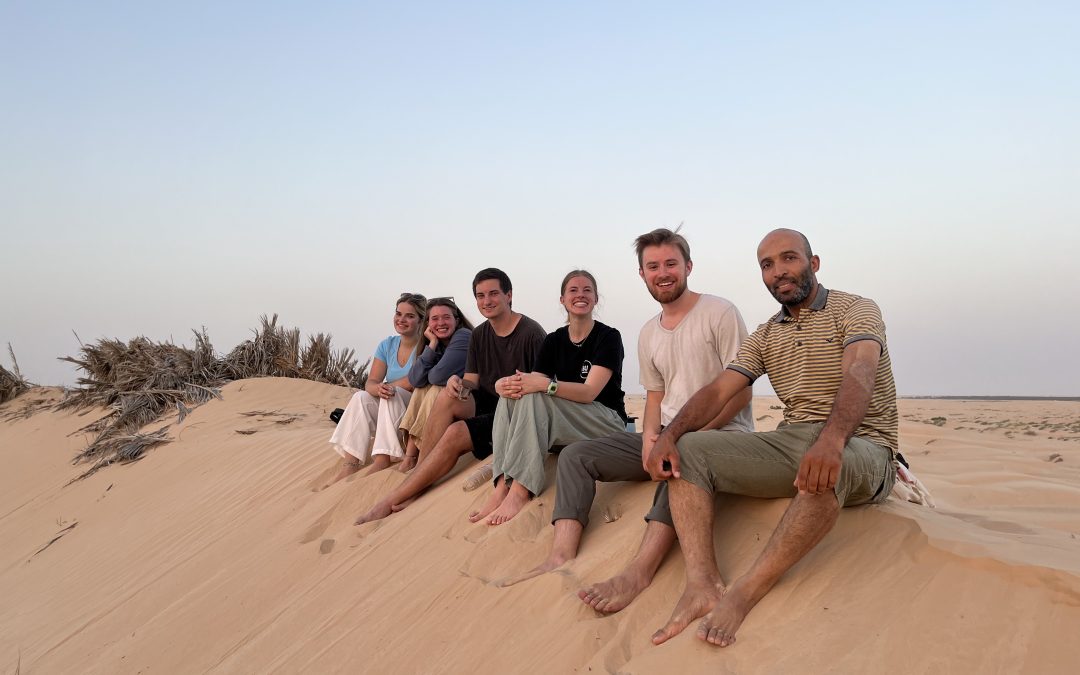General Baptist Ministries has recently connected with a new partner to reach the nations. Through this partnership, we are operating in 13 new countries, and we’ll be introducing a new one each month.
This month, meet Tunisia. In northern Africa, the Mediterranean breeze runs through her hair on the northern border while the scorching Sarahan sand swirls around her feet in the south. Significant cultural diversity results from a long history of immigration and foreign rule. The great city of Carthage gave way to Roman rule in 146 BC. Then, over seven centuries later, it was taken over by Arabs, only to be conquered again by the Berbers in 909 AD. The next major occupation was in the 1800s when France colonized it from 1881 to 1956. Each of these periods has contributed to the beautiful Tunisian culture. Perhaps the French influence, being the most recent, is the most distinct. While Arabic is the official language, French is commonly spoken as well. Tunisians are proud of this blend of cultures that distinguishes them from their neighbors.
Food is one example of this beautiful variety. Many staples of the cuisine are similar to other countries in the Maghreb region of northwest Africa: couscous, lamb, chickpeas, and olive oil. But Tunisian food also has European influences, and one other major distinction: spice. While most North African cuisines largely avoid spicy food, Tunisia is famous for the hot, red harissa sauce served with almost every meal. Their food is not the only thing that pushes the boundaries of tradition in the region. Compared to much of the Islamic world, Tunisia is relatively liberal. Many women wear western clothes without veils, and drinking alcohol is legally permitted. Although they are less strict than some, they still hold a strong Islamic identity.
The vast majority of Tunisians are Muslim. Jewish and Christian minorities, more substantial during the French colonization, have declined since the nation became independent. The Joshua Project estimates that the twelve unreached people groups in Tunisia include over 12 million people— 99.2% of the population, and Christians make up less than 0.5%.
But the statistics also show hope of light shining through with the Evangelical annual growth rate almost double that of the world overall (4.7% compared to the overall 2.6%). This momentum is going in the right direction, and we are working to increase that growth rate. We’d love to see you be a part of that. The people of Tunisia take pride in the relative openness and freedom of their culture without having any idea of the freedom in Christ that they are missing. Will you come with us to tell them?
Reach out to Mark Powell (VP of Global Missions) to find out more.
mark.powell@generalbaptist.com
https://www.bbc.com/news/world-africa-14107720, https://www.britannica.com/place/Tunisia, https://joshuaproject.net/countries/TS

